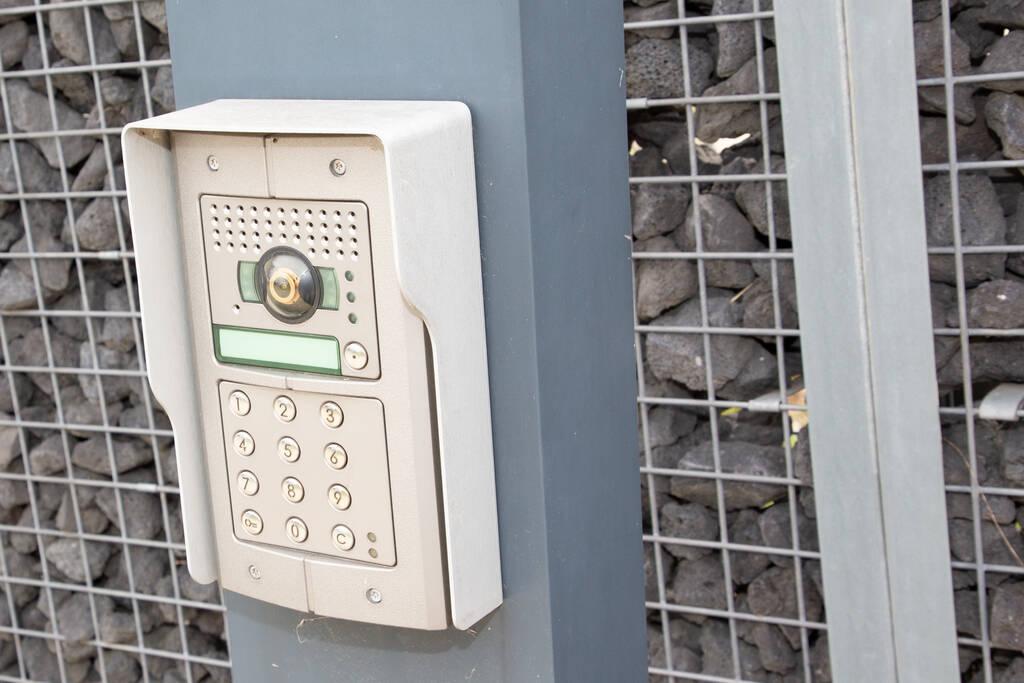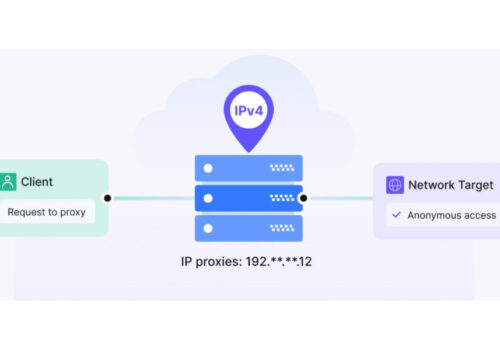The Importance of Using a Reliable Intercom System for Warehouses
Logistics are diverse, and organizations have to communicate effectively to ensure efficiency within a warehouse. This is especially important for a facility which works with storage, shipping, receiving, or manufacturing as the speed of inter-staff communication is crucial. This is something where a good intercom system is going to come in useful. An intercom system, which is thought to be unimportant, is essential when it comes to keeping your warehouse efficient, safe, and synchronous.
In a warehouse environment, where one has to deal with vast distances, noisy, and congested activities, an intercom system makes a huge difference to performance and accuracy in a business. This article aims to discuss how warehouses benefit from installing a good intercom system and the principle advantages it presents.
1. Efficient Communication Across Large Areas
Warehouses can be vast spaces with multiple zones, floors, and departments. For workers stationed at different points within the facility, communicating effectively without a robust system can be challenging. A reliable intercom system for warehouse helps bridge the communication gap by enabling staff to communicate quickly across large distances without having to rely on physical proximity or outdated methods such as runners or hand signals.
Whether it’s coordinating the movement of goods from one end of the warehouse to another or making announcements to alert workers of changes in schedules or priorities, an intercom system ensures that messages are conveyed clearly and immediately. This efficiency is especially important in time-sensitive situations, where delays can lead to bottlenecks and slow down operations.
2. Enhanced Safety and Emergency Response
Safety is number one in any warehouse. Warehouses contain heavy machinery, forklifts, pallet jacks, and very high shelves, making for a quick accident or dangerous situation. An essential part of maintaining safety standards is the role played by a reliable intercom system so that someone can communicate in an instant manner when needed.
If you can mitigate emergencies such as fires, equipment malfunctions, or medical incidents, with the ability to quickly alert entire facility, or specific zones it is the difference between trivial and disaster. From the time that facilities become aware of the evacuation, safety alerts, or lockdown procedures, the use of an intercom system can send words to workers of things to do and where to go.
It further provides real time communication with emergency teams. For example, if a part of the Amazon warehouse is remote and a worker gets hurt there – someone could immediately tell supervisors or safety officers, thus getting help relatively quickly. It can save lives and avert dangerous situations from turning into fully blown crises.
3. Improved Workflow and Productivity
Having a solid intercom system allows for better execution of office processes that in turn increase flow and productivity. In busy warehouses where goods, equipment, and people need to be moved around, communicating effectively is important because everybody involved has to know what is going on.
Let’s say the goods are coming off the trucks and we put an intercom so the receiving personnel will know to be prepared to receive the load. Likewise, in manufacturing or assembly warehouses, production line workers can call over supervisors or other departments to process inventory, resolve equipment problems or coordinate deliveries. Reade here to learn more.
An intercom system eliminates downtime by eliminating the need for workers to have to leave their stations to relay messages by hand. At this level of efficiency, lack or delayed communication and errors are minimized which all contribute to.
4. Zoning and Selective Communication
Another advantage of current intercom systems is that they can be aimed directly at certain zones of the warehouse. Organizational communication is not always required to be conducted where everyone in the large facility can hear it. For instance, a request for help in the shipping department doesn’t have to disrupt what is going on in different sections.
Availability of the zoning features enables the managers effectively to convey a particular message to a given team or section in a warehouse. To be precise, this approach facilitates the minimization of confusion and Time wasters among workers since most of them may not require the information being passed around.
Also, limiting communication is beneficial for reasons of privacy and protection. For example, information about arrivals and dispatches, deliveries, or security measures can only reach the right personnel who have business in that particular area and not the whole workforce of the warehouse.
5. Supporting Training and Supervision
Orientation of new employees and guaranteeing all employees conform to established practice is crucial in warehouse functions. It can be helpful in this process with the help of a reliable intercom system in order to call everyone and tell something new, correct, or explain, without interfering with the work process.
For example, when forklifts are in operation the intercom can be used by the supervisor to remind the employees on safety precautions when in handling toxic substances. This form of real-time communication does not only improve the training mode but also plays an important role in ensuring that the correct measures are followed on a frequent basis.
Additionally, supervisors can monitor various activities within the warehouse and provide quick feedback or direction to workers. This allows for smoother management and helps prevent operational inefficiencies or mistakes.
6. Cost-Effectiveness and Long-Term Benefits
Purchasing an effective intercom may appear to be a capital-intensive solution in the long run, it will be much more productive. An intercom system eliminates the chances of accidents, delays, and other operational breakdowns since communication is enhanced, safety is enhanced, and productivity is also enhanced.
Furthermore, modern intercom systems are designed to be scalable and flexible, meaning they can grow with the business. As the warehouse expands or operations evolve, the intercom system can be easily upgraded or reconfigured to meet changing needs. Visit this site for reference.
The durability of modern intercom systems also ensures that they require minimal maintenance and offer a long service life, making them a cost-effective solution for improving warehouse operations.
Conclusion
Therefore, an efficient intercom system is a must have in any warehouse that aims at efficiency. It is particularly vital in business premises since apart from being useful for promoting interaction to cover large areas, as well as boosting security and effective operations it is also fundamental in any training processes.
This paper intends to argue that if warehouse managers were to purchase a high-quality intercom system, there is lower risk and higher productivity possible. For a very hectic and physical environment say a warehouse where time is of the essence, a good intercom system is extremely useful as operations could run continuously without disruptions from faulty communication.





